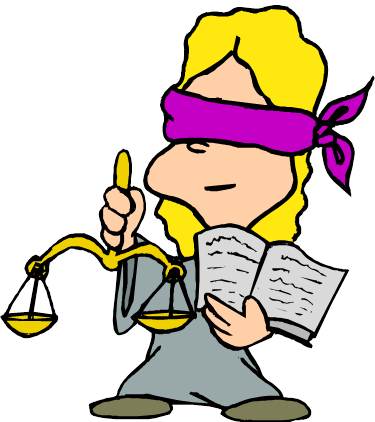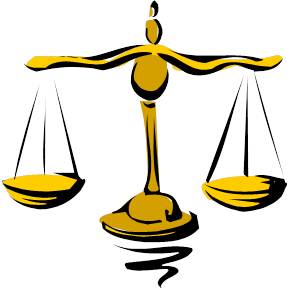What’s the Deal with Slander?
on October 10, 2011
 Welcome to legal musings! I haven’t written a legal blog in a while and thought maybe I should. While I’d like to discuss the legislation regarding internet piracy, that bill has been stalled in committee and doesn’t seem to be going anywhere.
Welcome to legal musings! I haven’t written a legal blog in a while and thought maybe I should. While I’d like to discuss the legislation regarding internet piracy, that bill has been stalled in committee and doesn’t seem to be going anywhere.
Some time ago there was a hubbub on twitter about an agent allegedly threatening a client with a slander case because the client allegedly talked about their current contract on the internet. Note that I have no idea if this really happened or not. However, it does bring up a couple of interesting issues regarding slander (spoken) or libel (written). Basically:
THE TRUTH IS AN ABSOLUTE DEFENSE TO EITHER SLANDER OR LIBEL.
Yeah. So if you’re saying the truth…you can’t be sued for slander. Well, now…you can be sued. I mean, anybody can file a lawsuit. But you’re going to win for sure because you’re telling the truth. People don’t tend to realize this. The truth can be mean and even hurtful…but it isn’t slanderous.
 Also, your opinion is mostly protected. If you’re just giving your opinion (I think Bob is a total jerk), then you’re probably all right.
Also, your opinion is mostly protected. If you’re just giving your opinion (I think Bob is a total jerk), then you’re probably all right.
So what if we’re not telling the truth? Something to think about is that unlike most areas of the law, slander/libel law treats different victims differently. How odd is that? Public figures (actors, famous writers, politicians) are treated differently. You can say meaner things about a famous person than you can your next door neighbor.
In other words, if you’re a famous author and someone slanders you…you have to prove they did it maliciously. Your Aunt Betty doesn’t. Why is this? According to the United States Supreme Court, public officials and celebrities, the Court has said, have chosen to step into the limelight and subject themselves to public scrutiny. They need less protection because they have more opportunities to counter false information published about them. See New York Times Co. v. Sullivan, 376 U.S. 254, (1964), and Hatfield vs. New York Times, 532 F.3d 312 (C.A.4 Va. 2008.)
So there’s a brief overview of slander and libel law. Though we all should just go back to what we learned in Kindergarden…if you can’t say anything nice…
 CYA Disclaimer: This is not legal advice. If you need legal advice, hire a lawyer. If you’re planning on slandering someone…stop it. Karma doesn’t follow the U.S. Supreme Court decisions. Karma will nail your butt. If you’re being slandered, tell all the writers on your yahoo loop–we often work with karma to find justice. Again…this is not legal advice. Just sayin.
CYA Disclaimer: This is not legal advice. If you need legal advice, hire a lawyer. If you’re planning on slandering someone…stop it. Karma doesn’t follow the U.S. Supreme Court decisions. Karma will nail your butt. If you’re being slandered, tell all the writers on your yahoo loop–we often work with karma to find justice. Again…this is not legal advice. Just sayin.

6 Comments